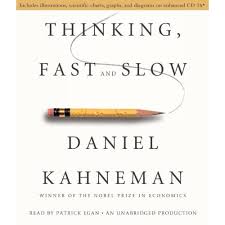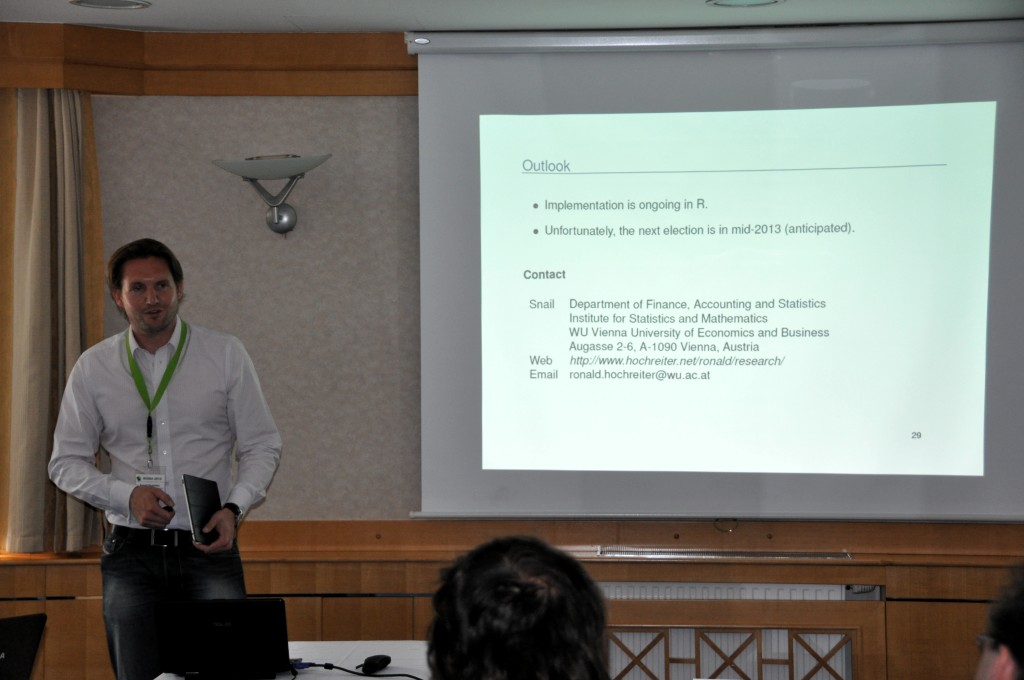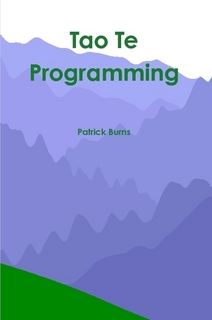A statistical review of ‘Thinking, Fast and Slow’ by Daniel Kahneman
I failed to find Kahneman’s book in the economics section of the bookshop, so I had to ask where it was. “Oh, that’s in the psychology section.” It should have also been in the statistics section.
He states that his collaboration with Amos Tversky started with the question: Are humans good intuitive statisticians?





